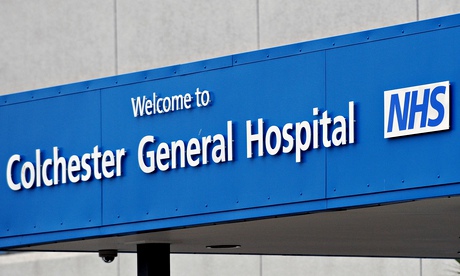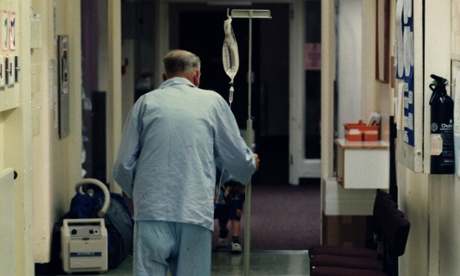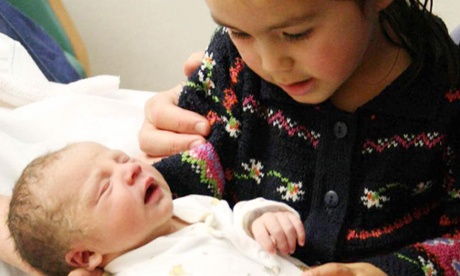Hospitals have made no improvement in patient safety or treating the ill with dignity and respect despite the concerns triggered by the Mid Staffordshire scandal, according to the independent healthcare regulator.
The Care Quality Commission (CQC) also found no improvement in hospitals monitoring and assessment of the quality of care they are providing.
About 47% of problems identified by the CQC had a major or moderate impact on patients, a deterioration from the previous year, when the figure was 39%. Inspectors found poor care in about 10% of all hospitals they visited.
The damning findings came in the regulator's first annual report since it was overhauled by the health secretary, Jeremy Hunt, in an attempt to restore public confidence in the wake of Mid Staffordshire and other scandals, which saw its senior staff replaced and the hospital inspections regime beefed up.
The report said: "In the aftermath of the failures of care at Mid Staffordshire NHS foundation trust, our inspectors' biggest concern in 2012-13 was that acute hospitals made no improvement in assessing and monitoring the quality of care they provided. We also found no improvement in safety and safeguarding, or in hospital patients being treated with dignity and respect."
Among the problems identified were staff "talking over" patients as though they were not there and patients not always being able to reach call bells, or staff not responding to them in a reasonable time.
The CQC report also found that 530,000 people aged 65 and over were admitted as an emergency to hospital with potentially avoidable conditions in 2012-13, compared with 374,000 in 2007-08. More than 9% of people aged 75 and over experienced at least one emergency hospital admission for an avoidable condition last year compared with 7.1% six years ago. Over the same period, there was a 64% increase in admissions for pneumonia, 52% for inhalation of food or liquid, and 45% for urinary tract infections - conditions that many argue should usually be managed by GPs.
There were significant regional variations in the numbers of older people going to hospital with avoidable conditions, with the north-east having the highest rate of avoidable emergency admissions (for people 65 and over per head of population) and the south-west having the lowest.
The report reflects concerns about poor care that ministers have been highlighting recently and say they are determined to address. On Tuesday, responding to the Francis report into Mid Staffordshire, the government announced that hospitals could be hit with financial penalties for hospitals if they covered up mistakes that caused injury, and that patients would be given a named consultant and nurse during their stay in an attempt to improve the safety of care. Last week, the health secretary announced changes to the GP contract, including a named, accountable GP for over 75s, which Hunt said would reduce pressure on accident and emergency departments.
Norman Lamb, the health minister, said: "This report shows why we are right to be changing the NHS in patients' interests.
"Many more people are living longer with complex care needs. That is why we are transforming the way health and social care is given across the country through a joined-up and integrated approach."
Liz Kendall, shadow minister for care and older people, said the report showed "the full scale of David Cameron's care crisis".











